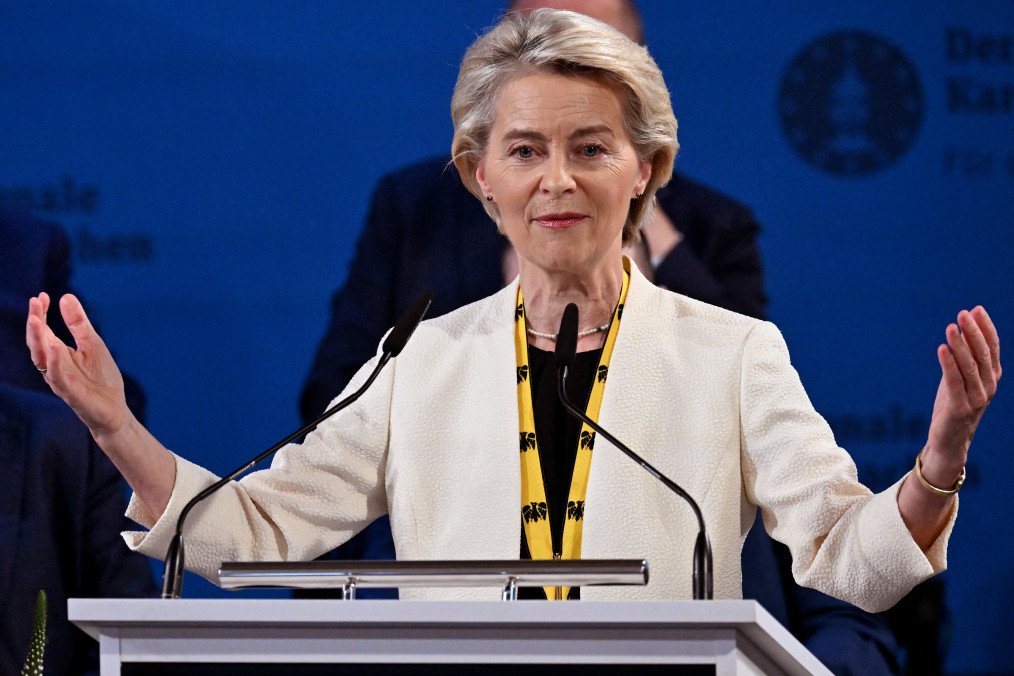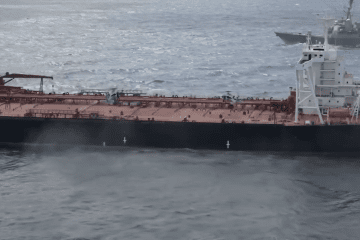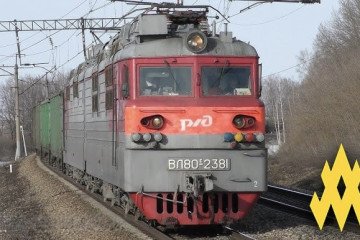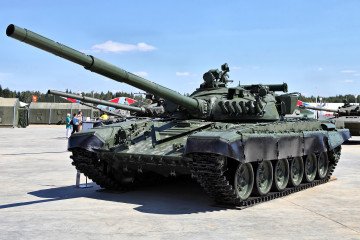European Commission President Ursula von der Leyen unveiled the EU’s 18th package of sanctions against Russia — a powerful new set of measures aimed at choking off Kremlin revenues and tightening enforcement.
The proposal was unveiled on June 10 in Brussels by European Commission President Ursula von der Leyen, according to a European Pravda correspondent.
This round focuses on three key areas: Russian energy exports, the banking sector, and the export of critical technology used in weapons production. It also includes major steps to crack down on sanctions evasion.
For the first time since the war began, the EU also aims to lower the oil price cap — from $60 to $45 per barrel — reflecting market shifts and reinforcing pressure on Russia’s largest source of income. Oil still accounts for a third of the Kremlin’s budget.
The EU plans to add 77 more ships to the blacklist of Russia’s “shadow fleet” — used to secretly transport sanctioned oil. The current list already includes 342 vessels.
Another key move: a proposed ban on importing oil products refined from Russian crude, to stop Moscow from rerouting its exports through third countries.
On banking, the EU seeks to transform the SWIFT messaging ban into a full ban on transactions for 22 more Russian banks.
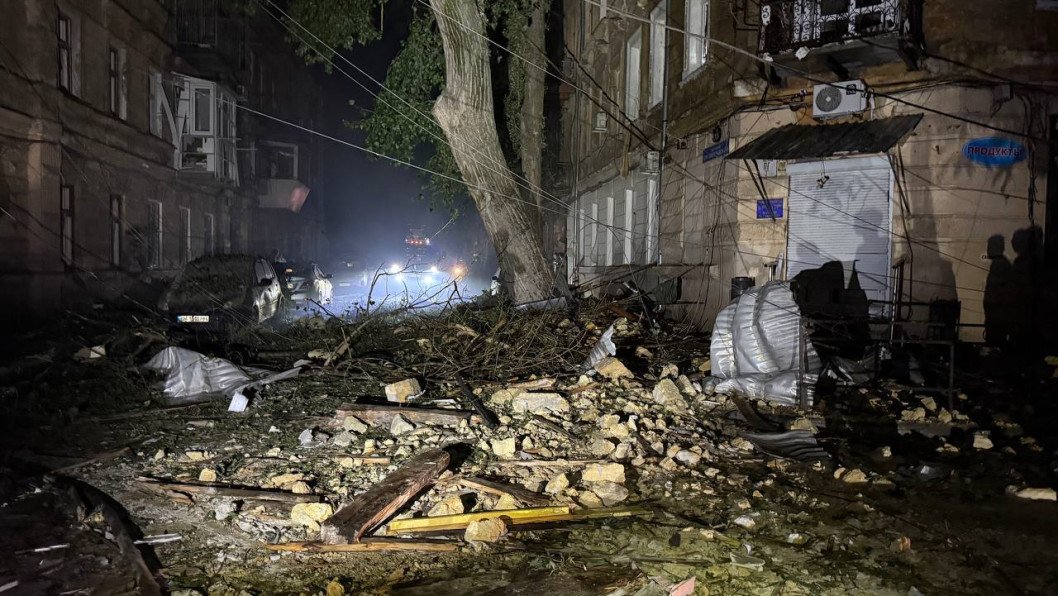
"We further propose extending the transaction ban to financial operators in third countries who finance trade with Russia in ways that circumvent sanctions. We also suggest sanctions against the Russian Direct Investment Fund, its subsidiaries, and investment projects," von der Leyen stated.
The package also targets the Russian Direct Investment Fund and its subsidiaries, cutting off another route for financing the war.
A new €2.5 billion export ban will further block Russia’s access to critical industrial goods — including machinery, metals, plastics, chemicals, and dual-use tech used in drones, missiles, and weapons systems.
Finally, 22 Russian and foreign companies that support the Kremlin’s military industry will be sanctioned. These measures are aimed at closing enforcement gaps and punishing those helping Putin sustain the war.
"Our goal is very clear. We reiterate our call for a full and unconditional ceasefire of at least 30 days. Such a pause in hostilities could serve as a crucial step toward alleviating civilian suffering and creating space for meaningful negotiations aimed at achieving a genuine peace," von der Leyen concluded.
Earlier, Andriy Yermak, Head of the Office of the President of Ukraine, had urged that the EU’s 18th sanctions package against Russia impose stricter restrictions on the Russian banking and energy sectors, target the country’s tanker fleet, and implement secondary sanctions.


